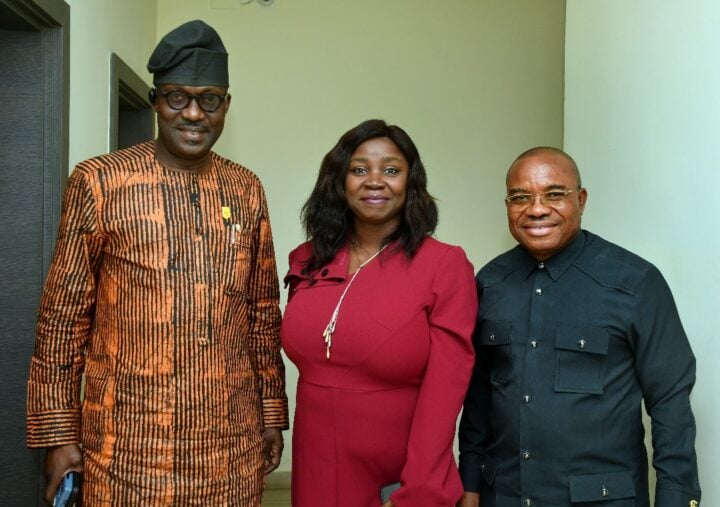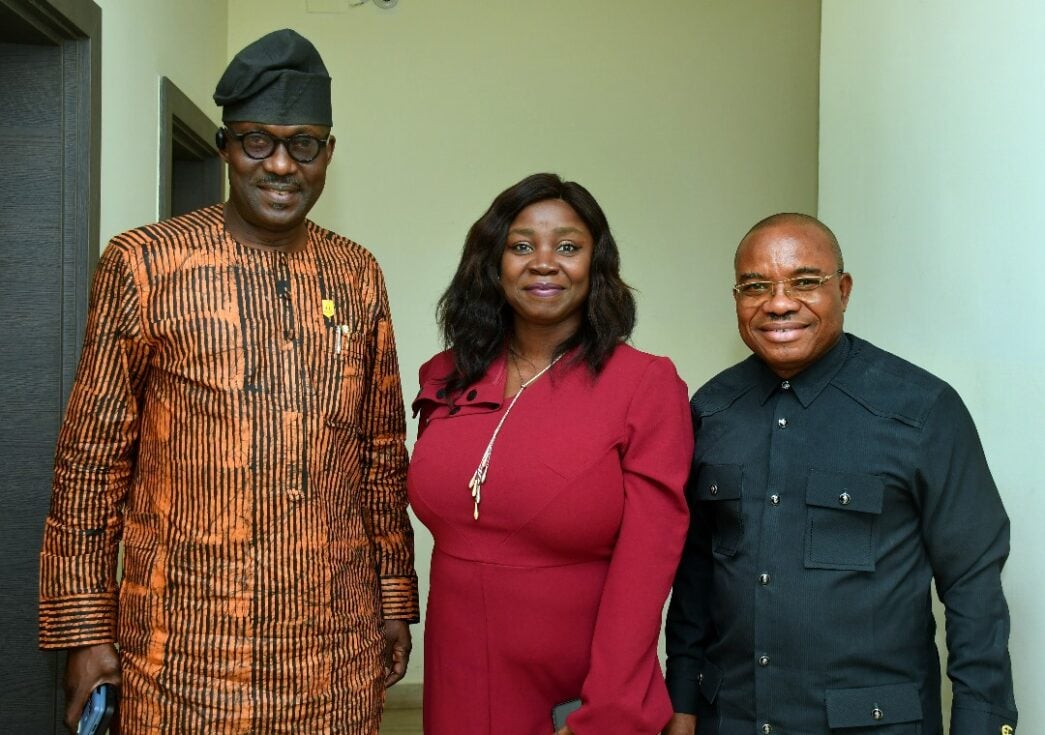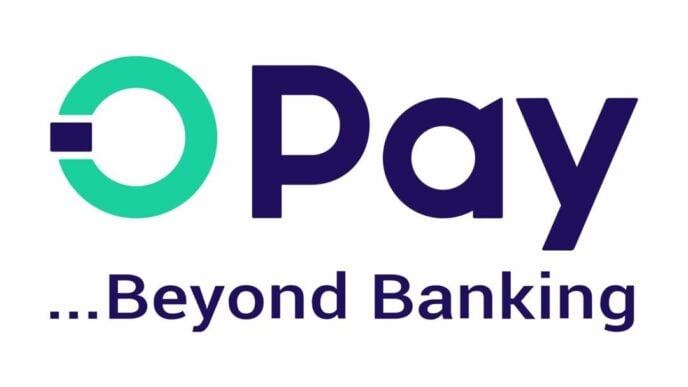Ibadan, Oyo State, 21 July, 2025 – BAT Nigeria has called on policymakers to urgently implement bold, supportive reforms to unlock Nigeria’s manufacturing export potential and position the country competitively in a fast-changing global trade environment.
Speaking at the maiden edition of the Manufacturers Association of Nigeria (MAN) High-Level Think Tank Session in Ibadan, Odiri Erewa-Meggison, Corporate and Regulatory Affairs Director for BAT West and Central Africa, represented by Ruth Owojaiye, Head of Regulatory Engagements, BAT WCA, emphasised that Nigeria risks being left behind, unless its policies evolve to keep pace with global trade shifts and actively drive industrial growth.
“Trade is changing fast, from increased digitalisation to disruptions in supply chains and the introduction of stricter climate regulations. Developing economies like ours cannot afford to lag behind. We need agile policies that stimulate growth, reduce systemic bottlenecks, and unlock manufacturing competitiveness,” she said.
Odiri highlighted BAT Nigeria’s journey as proof of what strategic investments combined with enabling environment can achieve. In 2003, BAT Nigeria invested over $185 million to establish its state-of-the-art Ibadan factory, designed as a regional manufacturing hub for West and Central Africa. Today, the factory exports to 13 countries, including the United States, generating hundreds of millions of dollars in foreign exchange earnings while creating thousands of jobs across logistics, warehousing, packaging, and port operations.
Despite these milestones, she acknowledged that while the government is making commendable strides, particularly in infrastructure development and regulatory reforms, manufacturers still face hurdles such as high energy costs, port congestion, and the high cost of doing business. Tackling them remains critical to unlocking Nigeria’s full production potential and boosting export diversification.
“Targeted policy reforms are essential to address these systemic barriers. Streamlining export processes through digitalisation, investing in energy and transport infrastructure, reforming trade finance for SMEs, and promoting industrial clusters are critical steps forward,” Odiri explained.
She also urged policymakers to adopt green and digital standards to keep Nigeria competitive globally and to ensure policies remain coherent, agile, and inclusive by monitoring global trade policy shifts continuously.
Odiri concluded with a strong call to action: “A supportive policy environment is not a one-off achievement. It must evolve with the global landscape. Now is the time for Nigeria to act decisively to secure its place in future manufacturing export value chains.”
The MAN Think Tank Session convened top experts, industry leaders, and policymakers to craft a strategic advocacy roadmap that will improve Nigeria’s manufacturing performance and unlock its vast industrial potential. BAT Nigeria also reaffirmed its commitment to supporting policies and initiatives that strengthen the manufacturing sector, drive non-oil export growth, and build a more prosperous future for all Nigerians.













